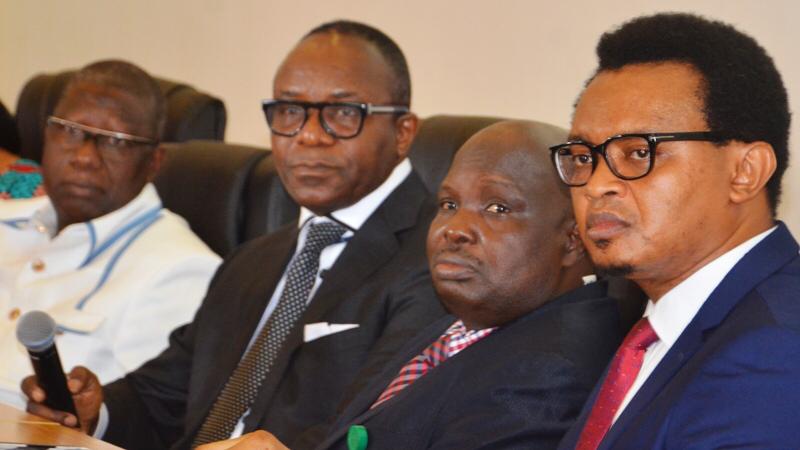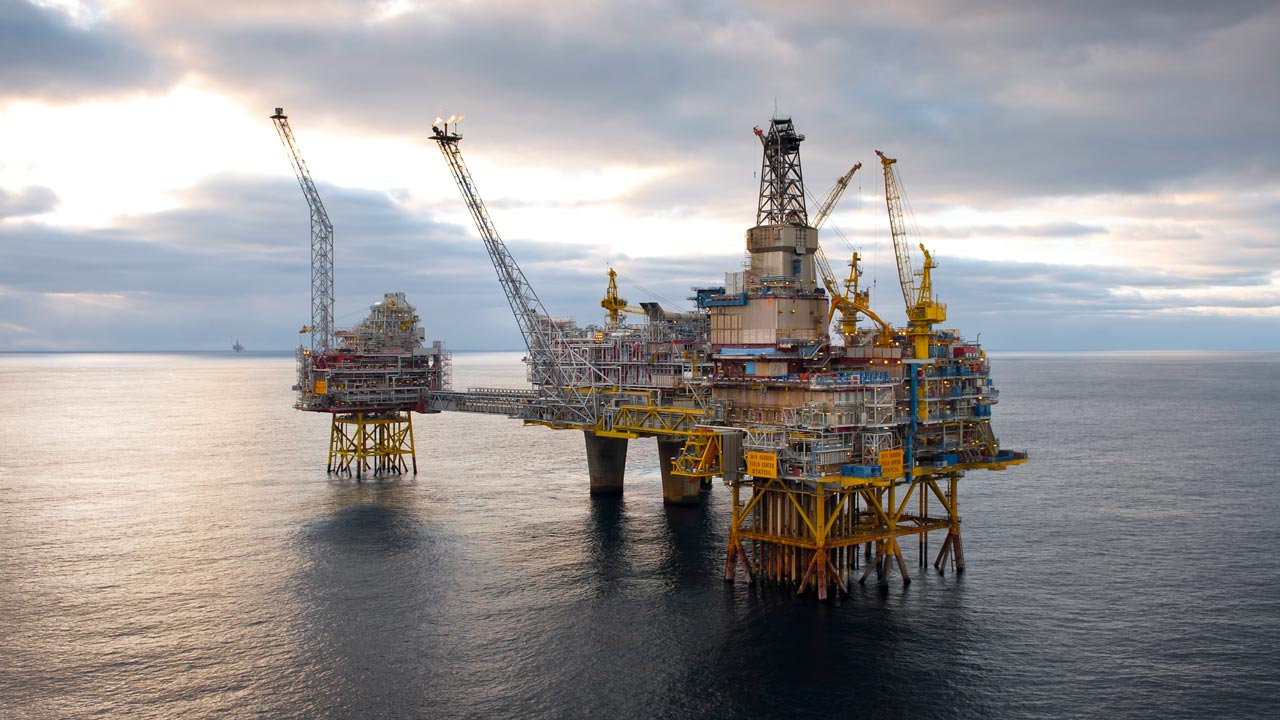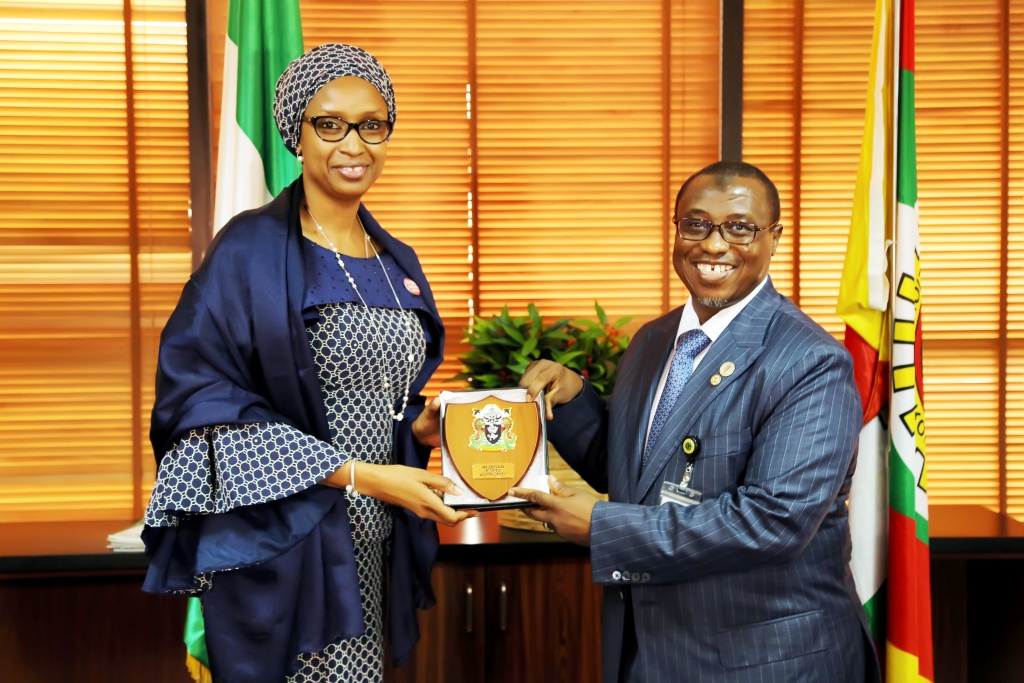Clear chances of ending gas flaring in Nigeria is underway if the commitments currently deployed by the Federal Government through the Nigerian Gas Flare Commercialisation Programme (NGFCP) is anything to go by.
Details of achieving the feat were made public by the Minister of State for Petroleum Resources, Dr Ibe Kachukwu at the press conference in Abuja to inaugurate a committee to evaluate bids already submitted by interested investors.
He said although more than 800 expressions of interest were received from various entities, 226 bids were fully completed with the conditional payment of the compulsory $1,000 by the end of deadline for bid submission.
The bidders were responding to the expression of interest request earlier made by the NGFCP for investors to take over the 178 gas flare sites identified across the oil rich Niger Delta to capture and commercialise the hitherto scourge of gas flaring.
The Minister revealed that “The policy on gas flaring is encapsulated in the National Gas Policy approved by the Federal Executive Council in June 2017. The National Gas Policy commits to ending gas flaring, creating an enabling environment for investors, seeking value addition for gas, and improving governance in the sector.
“The Federal Government will work to grant open access to all pipelines and other essential midstream infrastructure. With respect to pricing of gas for the domestic market, which is largely controlled by the Federal Government under a transitional pricing framework, the current framework will be retained for a limited period until a sufficient gas market is established.
“The policy objective is to move to market-led wholesale gas pricing without gas price regulation, except where there are natural monopolies.
“The FGN included gas flare reduction as key national greenhouse gas emissions mitigation in its Nationally Determined Contributions under the United Nations Framework Convention on Climate Change,” Kachukwu noted.
Continuing, he added that “Premised on the foregoing, the policy position of President Muhammadu Buhari is that gas flaring is totally unacceptable. In this regard, the Federal Government initiated a number of actions to reaffirm its commitment to ending the practice of gas flaring in our oil fields.
“Specifically, the President ratified the Paris Climate Change Agreement, and the FGN is a signatory to the Global Gas Flaring Partnership principles for global flare-out by 2030 whilst committing to a national flare-out target by year 2020.
“Furthermore, in recognition that flared gas could be harnessed to stimulate economic growth, drive investments and provide jobs in oil producing communities and indeed for Nigerians through the utilisation of widely available innovative technologies, the Federal Executive Council in June 2016, approved the NGFCP.”
The recently appointed Chairman of the Ministerial Steering Committee of the NGFCP, Engr Rabiu Suleiman, said about $ 3.5bn worth of inward investments by third party investors were required to achieve the gas flare commercialisation target by 2020.
Though he Nigeria had achieved 70 per cent decline in flaring over the past decade as a result of NNPC and their JV partners efforts, Suleiman revealed that Nigeria still flared about 324 bcf of gas in 2017, exceeding the meagre ~800 MMSCFD utilised for power generation and ~450 MMSCFD utilised in domestic market.
Also speaking, the Program manager of NGFCP, Mr Justice Derefaka explained at the event that harnessing gas from the biggest 50 flare points would reduce flare gas volumes by 80 per cent, considering the 2015 identified gas flare locations and volumes as the baseline.
He assured that Nigeria is now on the right part of victory against gas flaring which had been intractable since the beginning of oil exploration in Nigeria.









